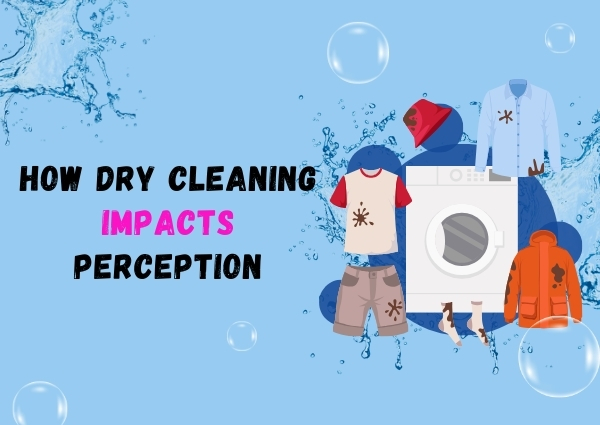The Psychology of Clothing
Clothing has long been recognized as a tool for self-expression and social signaling. From ancient times to the present day, attire has been used to denote status, occupation, affiliation, and even mood. The psychology of clothing encompasses various aspects, including color, style, fit, and cleanliness. Among these, the state of cleanliness holds particular sway over initial impressions.
Humans are inherently visual creatures, often making snap judgments based on first impressions. When encountering another individual, one of the first things noticed is their attire. Clean, well-maintained clothing signals attention to detail, conscientiousness, and self-respect. Conversely, unkempt or stained garments may evoke perceptions of sloppiness, laziness, or disregard for hygiene.
Herein lies the significance of dry cleaning. While washing machines cater to everyday laundering needs, dry cleaning offers a specialized solution for garments that require extra care. The process involves cleaning clothes with a solvent other than water, effectively removing stains and odors while preserving the fabric’s integrity. Beyond mere cleanliness, dry cleaning can elevate the perceived quality and professionalism of an individual’s attire.
Perception is a complex interplay of sensory inputs, cognitive biases, and cultural norms. In the realm of clothing, the concept of “enclothed cognition” sheds light on how the clothes we wear can influence our psychological processes and behavior. Research has shown that wearing formal attire can enhance cognitive performance and instill a sense of confidence and authority. By extension, the act of dry cleaning reinforces the notion of conscientiousness and attention to detail, thereby bolstering positive perceptions.
Social psychologists have long studied the phenomenon of impression management, wherein individuals consciously or unconsciously manipulate their appearance to control how others perceive them. In this context, clothing maintenance serves as a form of impression management, allowing individuals to convey specific messages about their personality, professionalism, and social status. By investing in dry cleaning, individuals signal a commitment to presenting themselves in the best possible light, thus influencing how they are perceived by others.
Moreover, the impact of dry cleaning extends beyond individual impressions to broader societal perceptions. In professional settings, attire serves as a visual cue for competence and reliability. A well-dressed individual is more likely to be perceived as competent and trustworthy, thereby gaining advantages in various social and professional interactions. By consistently engaging in dry cleaning practices, individuals contribute to shaping societal norms regarding cleanliness and professionalism.
Cultural factors also play a significant role in shaping attitudes towards clothing maintenance. In some cultures, the concept of “saving face” emphasizes the importance of upholding appearances and avoiding embarrassment. In such contexts, the meticulous care of one’s attire, including regular dry cleaning, is seen as a mark of respect for oneself and others. Conversely, neglecting clothing maintenance may be perceived as a sign of disrespect or disregard for social norms.
The Role of Dry Cleaning
Dry cleaning, with its specialized techniques and attention to detail, serves as a potent tool for enhancing perceptions in various social and professional contexts. Beyond the removal of stains and odors, dry cleaning imbues garments with a sense of freshness and professionalism that can positively influence how individuals are perceived by others. Whether it’s a crisp suit for a job interview or an elegant gown for a formal event, the act of dry cleaning transforms clothing into symbols of competence, reliability, and respectability.

